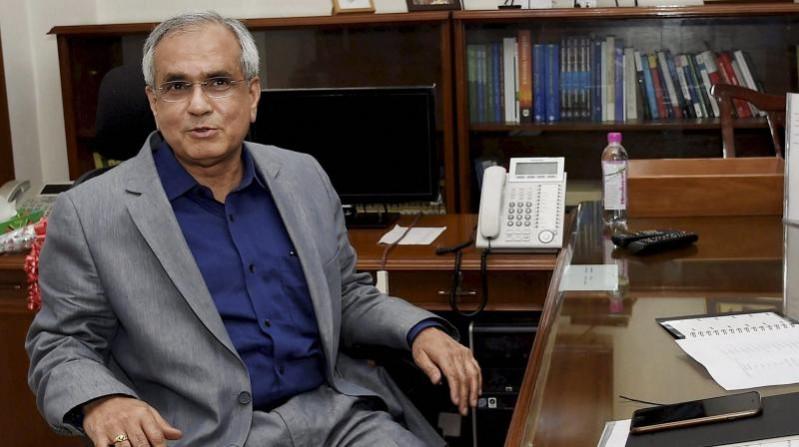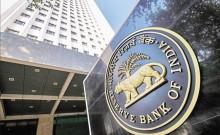
Creating employment opportunities has been a topic of discussion for the past few months, with oppositions and economists criticising the central government as job growth hits multiple years low in 2017.
However, NITI Aayog vice-chairman Rajiv Kumar differs with such claims. He says there are a large number of areas which have seen a substantial increase in employment opportunities, though they may not be in the organised and formal sector.
"The numbers of EPFO accounts have increased, the number of National Pension System (NPS) accounts have increased... (There is a) significant jump in the number of employees within the services sector, especially in tourism, civil aviation, transport and services sector. Let me say that the lack of employment story, I think, is quite exaggerated," Kumar told PTI in an interview on Sunday.
Kumar further lauded reforms brought in the Modi government since he came to office back in May 2014.
"You know Modi government has done far too much in those 42 months, it has taken some very major steps. My view is that time has come for consolidation and making sure that these reform steps which have been taken yields the desired fruits," he said.
He also stated that new initiatives in the next 18 months should focus on health and education sectors as these sectors are going to be critical for human resource development.
The Oxford-educated economist stated that reforms such as Goods and Services Tax (GST), Benami Transactions (Prohibition) Act, the Insolvency and Bankruptcy Code (IBC) and Direct Benefit Transfer (DBT) are some of the major initiatives taken by the present government.
On the overall macroeconomic environment in India, Kumar said the rating upgrade by Moody's was a clear indication of the fact that the macroeconomic environment in the country is improving, especially with regards to the investor sentiments.
Last week, US-based rating agency Moody's Investors Service, upgraded India's sovereign bond ratings for the first time in over 14 years citing the government's "wide-ranging program of economic and institutional reforms".
The agency raised India's rating to 'Baa2' from 'Baa3', changing the outlook to 'stable' from 'positive', and said that reforms will help stabilise rising levels of debt.
However, expressed some concern on weak export data he said, "The only slight concern is the continued weakness of the exports sector, which has not been taking off as expected."
When asked about slowing private investments, Kumar pointed out that most people use only the figure of credit offtake on public sector banks (PSBs) as the proxy for private sector investment.
"But if you look at credit offtake on private sector banks, it has now risen quite well...Finally also number of initial public offers (IPOs) have been higher than previous year. So if you look at all things taken together, the picture is not at all bad," Kumar explained.









